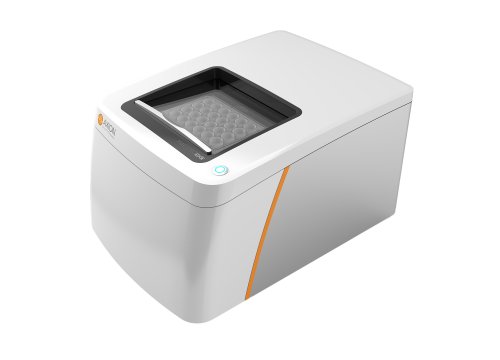Authors: Ezerskiy LA, Schoch KM, Sato C, Beltcheva M, Horie K, Rigo F, Martynowicz R, Karch CM, Bateman RJ, and Miller TM.
JCI Insight, 2022.
Astrocytic 4R tau expression drives astrocyte reactivity and dysfunction
Scientists use Axion’s bioelectronic assay to explore the role of astrocytic 4R expression in neurodegenerative disease and uncover a novel therapeutic pathway.
The tau protein plays a key role in maintaining healthy cellular functions, but tau hyperphosphorylation and aggregation can disturb these processes and lead to neurodegenerative diseases including Alzheimer’s disease, Pick’s disease, progressive supranuclear palsy, and others. Although tau pathology is typically associated with neurons, growing evidence shows that the accumulation of tau—specifically 4-repeat (4R) tau—in glial cells may also contribute to disease. In this study, scientists use human induced pluripotent stem cell-derived (iPSC-derived) astrocytes carrying a mutation that increases 4R tau, co-cultured with healthy neurons, and mouse models to investigate the astrocyte-specific role of 4R tau in neurodegenerative pathology and disease.
To examine electrical activity in vitro, the researchers used Axion’s noninvasive, label-free Maestro platform. Overall, the findings demonstrated that 4R tau impairs the normal functioning of astrocytes and leads to neuronal hyperexcitability, which the authors suggest may contribute to neurodegenerative disease. Importantly, the researchers showed that lowering tau expression in astrocytes rescues astrocyte and neural function—a finding that suggests astrocyte-targeted therapeutics may lead to new opportunities in the fight against neurodegenerative disease progression.


